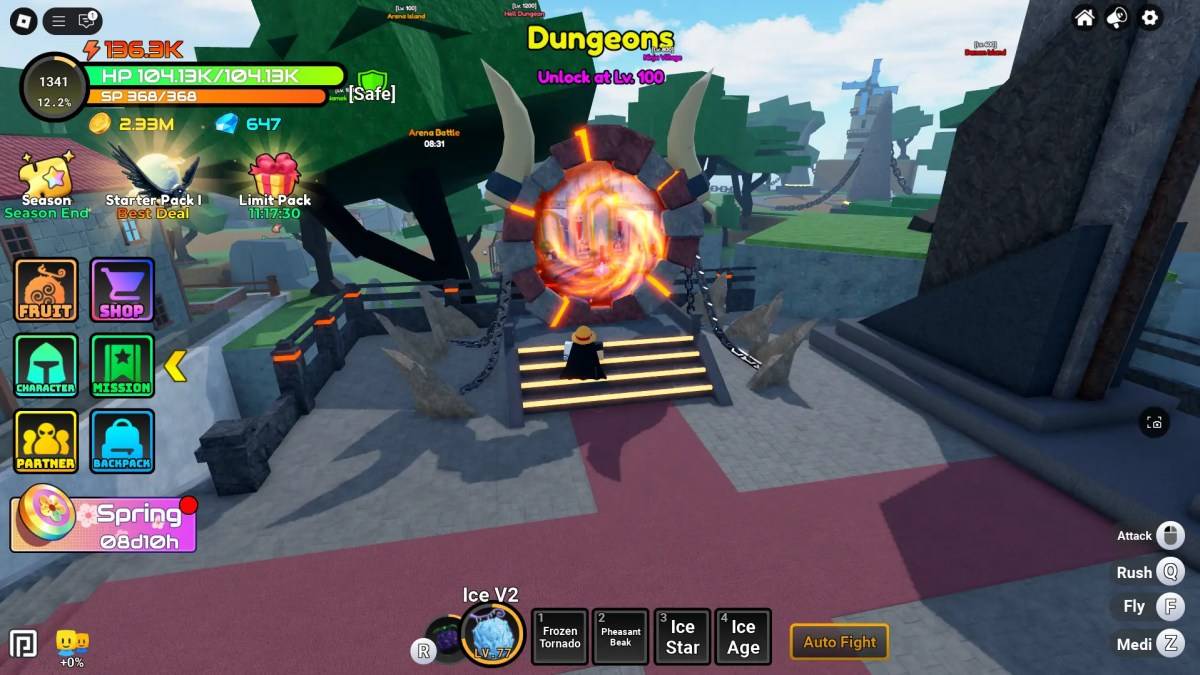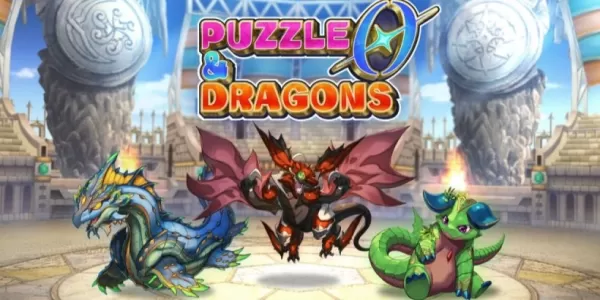Ubisoft has made it clear that purchasing a game does not grant players "unfettered ownership rights," but rather a "limited license to access the game." This statement was part of their defense in a legal battle initiated by two players of The Crew, who sued the company after it shut down the original racing game in 2023.
The original The Crew, released in 2014, is now completely unplayable. As of the end of March 2024, all servers for the game were shut down, rendering both physical and digital copies unusable, regardless of prior ownership.
While Ubisoft took steps to develop offline versions of The Crew 2 and its sequel The Crew: Motorfest, allowing continued play, no such measures were implemented for the first game.
Towards the end of last year, the two gamers filed a lawsuit against Ubisoft, claiming they believed they were purchasing ownership of The Crew, not just a limited license. They likened the situation to buying a pinball machine only to find it stripped of essential components years later.
As reported by Polygon, the plaintiffs accused Ubisoft of breaching California’s False Advertising Law, Unfair Competition Law, and Consumer Legal Remedies Act, along with charges of common law fraud and breach of warranty. They also argued that Ubisoft violated California's gift card law, which prohibits expiration dates on such items.
The gamers presented evidence showing that the activation code for The Crew was valid until 2099, suggesting to them that the game would remain playable well into the future.
In response, Ubisoft's legal team argued that the plaintiffs were informed at the time of purchase that they were acquiring a license, not ownership. They pointed out that the packaging for Xbox and PlayStation versions included a prominent notice stating that Ubisoft could terminate access to online features with 30 days' notice.
Ubisoft has moved to dismiss the case, but if unsuccessful, the plaintiffs are seeking a jury trial.
In light of such disputes, digital marketplaces like Steam now explicitly inform customers that they are purchasing a license, not a game. This change follows a law signed by California Governor Gavin Newsom, requiring digital marketplaces to clarify the nature of digital purchases. While this law does not stop companies from removing access to content, it mandates transparency about the licensing nature of the purchase.







